We invite you to attend this personal growth experiential workshop with Kate Hudgins, PhD, TEP and Scott Giacomucci, MSS, LSW, CTTS, CET II:
DATES/TIMES: Friday, 2/3: 6-9 pm; Saturday, 2/4, 10am-6pm. FEE: $250. VENUE: Penn State University – Brandywine Campus, Media, PA. For registration, contact Scott@Sgiacomucci.com.
“When TSM first started in the early 90s, we called our personal growth workshops “Surviving Spirits” to honor the courage and determination of the women and men who participated in order to heal from sexual abuse. TSM has traveled the world into 30 countries, and the model has evolved to facilitate the healing of both collective and individual wounds, while expanding its effectiveness with all types of trauma. We now re-introduce this TSM workshop with an emphasis on building the spontaneity and creativity needed to face trauma without the veil of addictions, including eating disorders. At times, words are not enough, so this workshop utilizes action methods and expressive arts as an avenue for healing. Through proven TSM group work, we pay special attention to safety and confidentiality, increasing participants’ sense of resilience and community to share their loss and grieve the past. This is an introductory workshop for those on a journey of healing, who are ready to work in a like-minded community using action methods and expressive arts.”
KATE HUDGINS, PhD, TEP, is an internationally recognized expert on Post-Traumatic Stress Disorder. She developed the research-supported Therapeutic Spiral Model™ (TSM) to treat PTSD, demonstrating that experiential approaches create immediate change and new learning for those suffering various stages of breakdown, following overwhelming traumatic events. Kate has taught and worked internationally for over 20 years and is a published author and recipient of numerous awards. www.drkatehudgins.com.
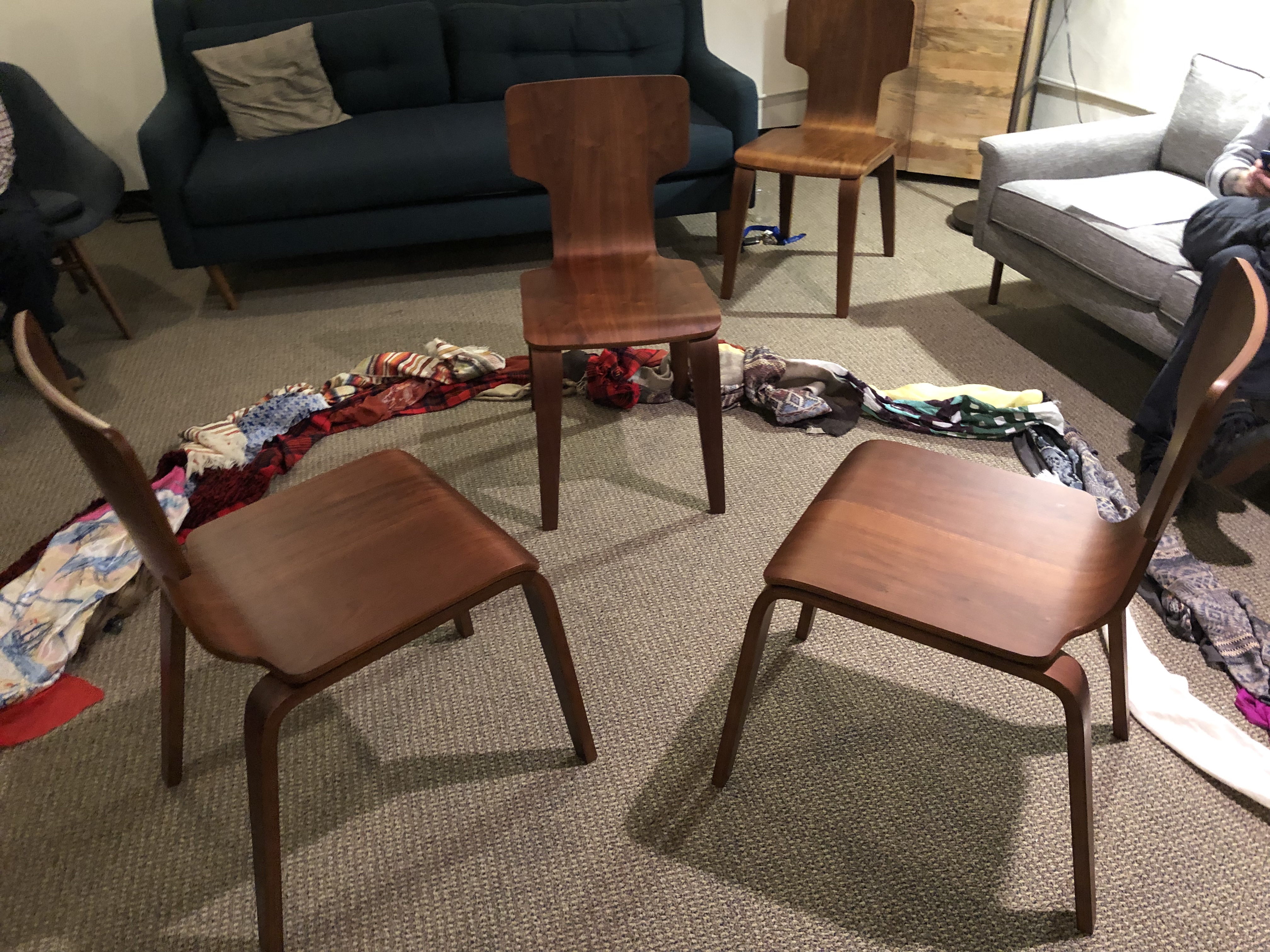
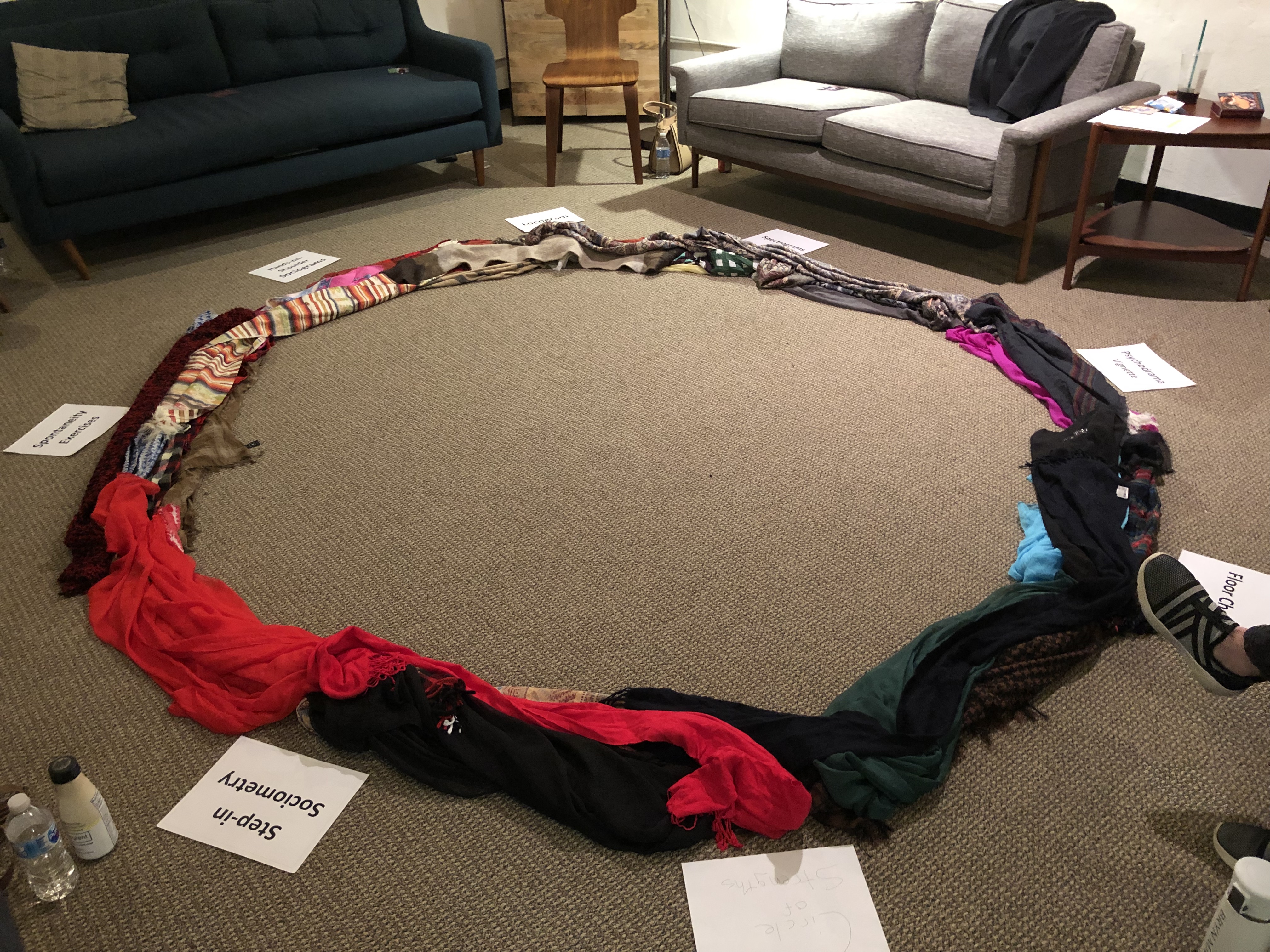
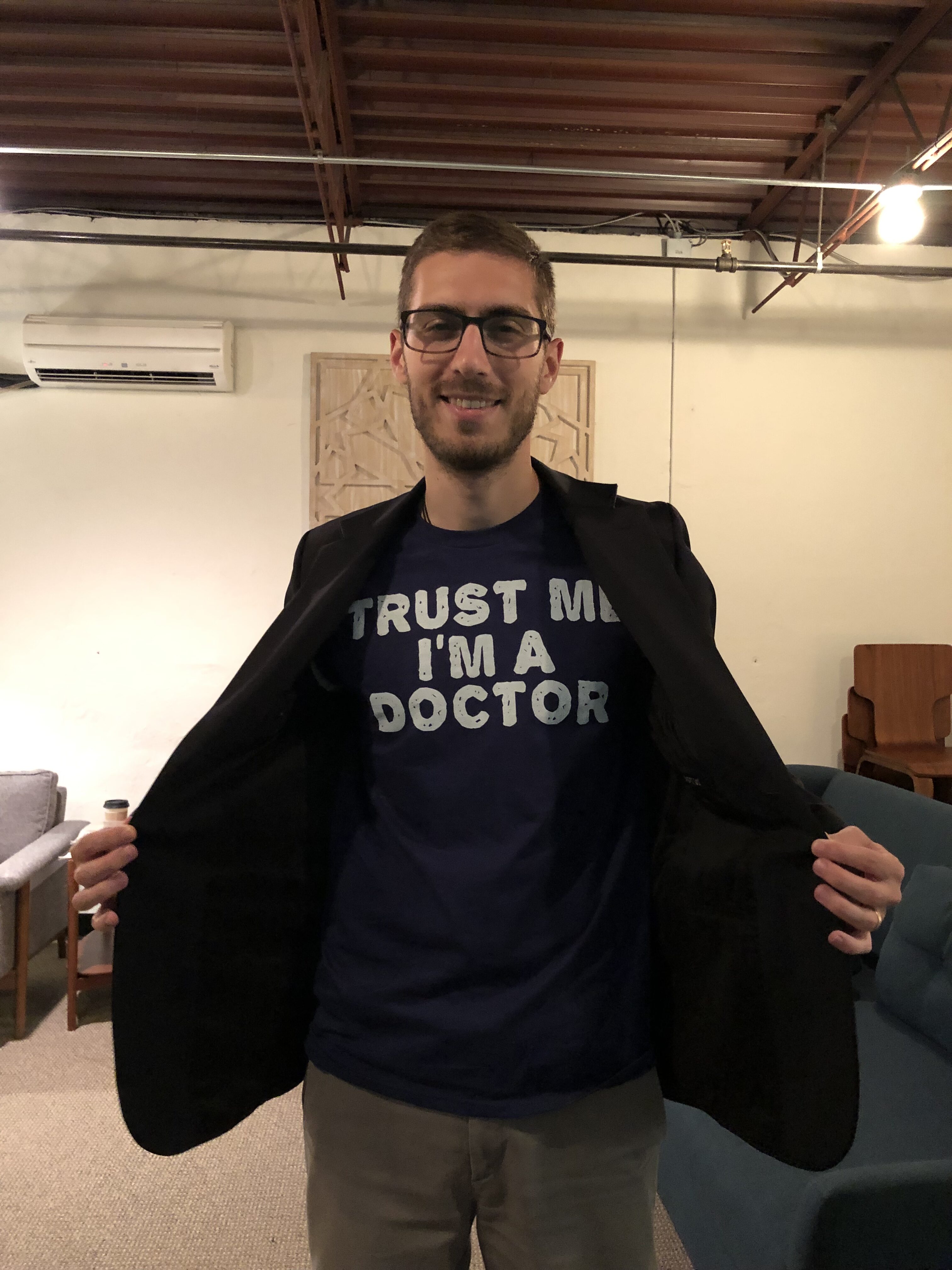

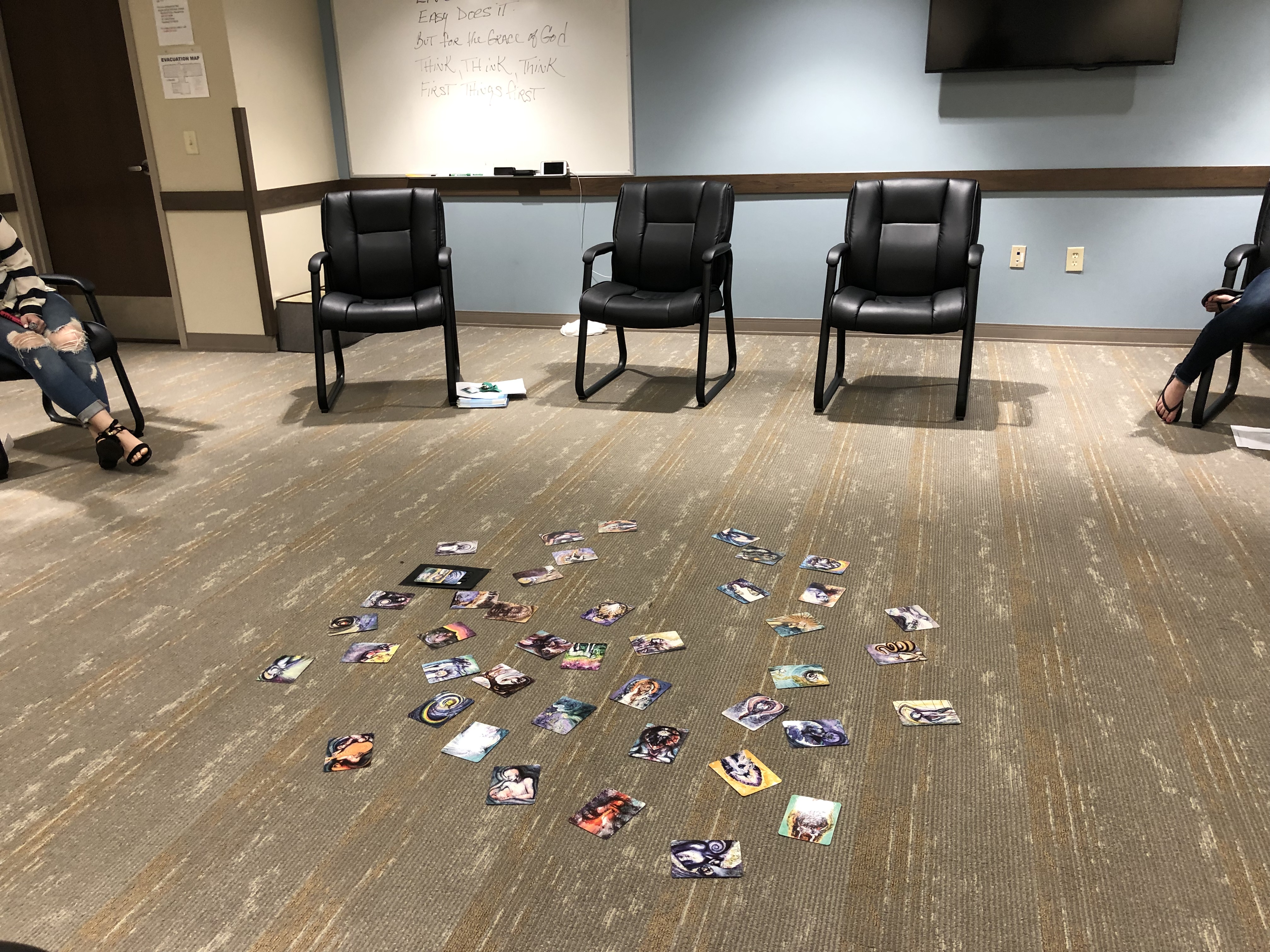
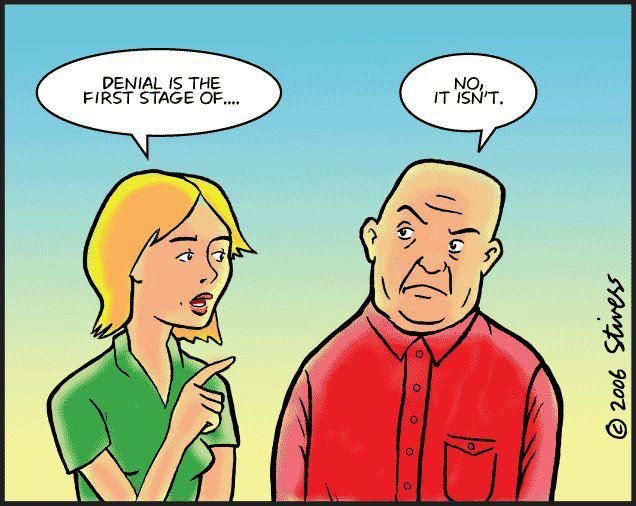
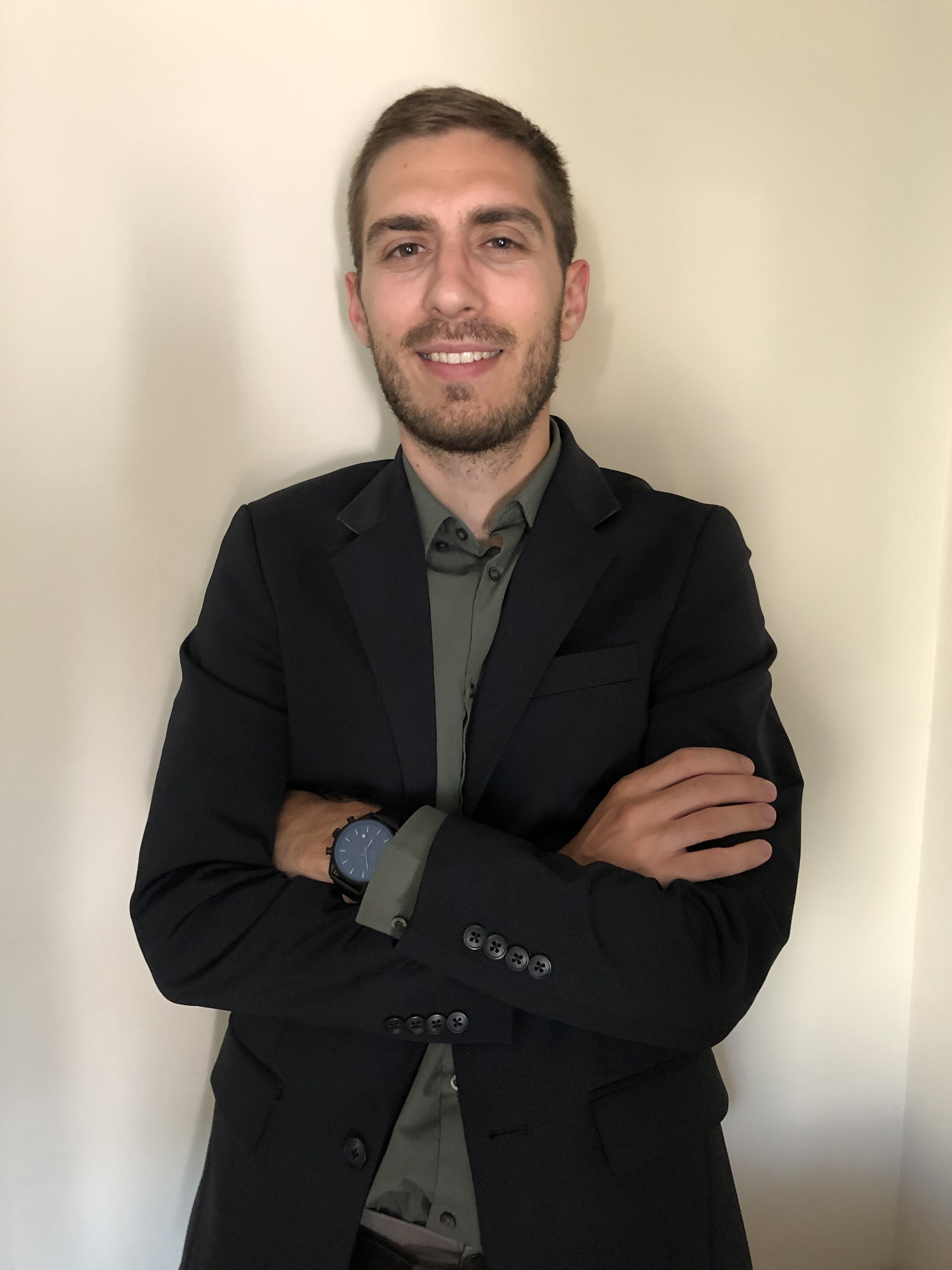
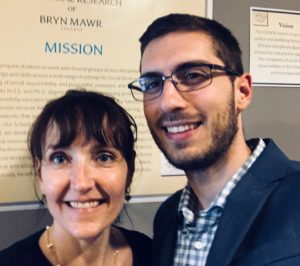 I am proud to announce that Amy Stone, MSS, LSW has accepted a position with Giacomucci & Walker, LLC. There are very few people that I would trust to maintain the quality and integrity of my business. Amy is an incredibly talented psychotherapist who finds deep joy and purpose in her work.
I am proud to announce that Amy Stone, MSS, LSW has accepted a position with Giacomucci & Walker, LLC. There are very few people that I would trust to maintain the quality and integrity of my business. Amy is an incredibly talented psychotherapist who finds deep joy and purpose in her work.